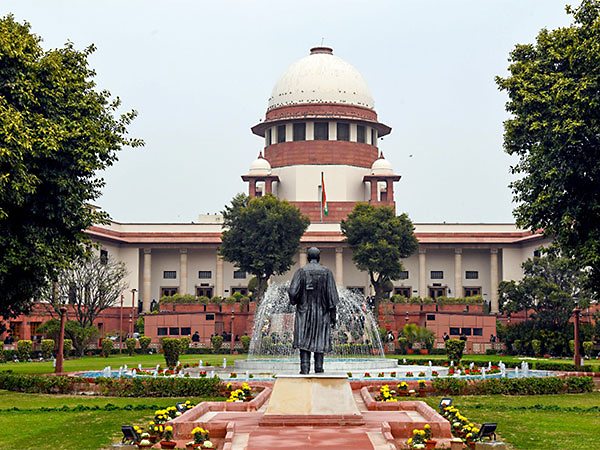Supreme Court Says Courts Cannot Mandate Google Maps Location Sharing for Bail
The Supreme Court ruled that courts cannot require accused individuals to share their Google Maps location as a bail condition, citing privacy rights. The bench emphasized that such conditions would allow police to track movements constantly, violating privacy. The decision overrides a previous Delhi High Court order.

- Country:
- India
The Supreme Court on Monday declared that courts cannot demand accused individuals to share their Google Maps location as a condition for bail, citing privacy rights. The ruling was delivered by a bench of Justices Abhay S Oka and Ujjal Bhuyan.
The justices stated that no condition should allow police to track an accused person's movements constantly, as it would constitute an invasion of privacy. Moreover, the court underscored that bail conditions should not undermine the fundamental purpose of granting bail itself.
The apex court's decision came while examining whether the Delhi High Court's 2022 bail condition—requiring a Nigerian national accused in a drug case to share his Google Maps location—violated privacy rights. The Supreme Court set aside this condition.
The detailed judgment will be issued later. The case involved an appeal against interim bail granted by the Delhi High Court, which mandated that the accused drop a pin on Google Maps and obtain assurance from the Nigerian High Commission that they would remain in India and attend trial.
According to the Supreme Court, no bail conditions should defeat the purpose of granting bail.
(With inputs from agencies.)










